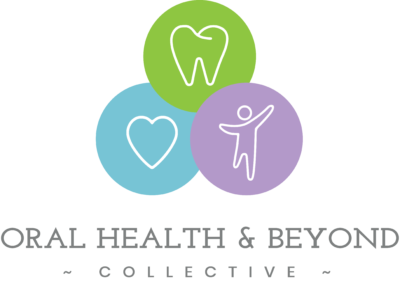Why Our Spit Matters?
WE DON’T USUALLY think very much about our spit, but it’s one of the biggest unsung heroes of our oral health. Just as a car engine can’t function for long without oil, our mouths need saliva for chewing, swallowing, and even tasting our food, as well as speaking clearly and defending against a variety of oral health problems.
How We Make Spit
When everything is working the way it should, the salivary glands under our tongues and in our cheeks are continuously producing saliva, with an output between two and six cups a day. Saliva is almost entirely water, but the final 1-2% is made up of proteins, antimicrobial factors, electrolytes, and digestive enzymes to begin breaking down food.
The Stages of Saliva
Saliva production operates in different ways depending on how far our food is in the digestive process. These stages are cephalic, buccal, oesophageal, gastric, and intestinal. Has your mouth ever watered when you smelled your favourite food? That’s the cephalic stage! Once we start eating, the buccal stage begins, helping us to swallow our food. Then, the oesophageal stage helps move the food to the stomach.
The final two stages, gastric and intestinal, are also important even if they seem kind of gross. Before vomiting, the salivary glands work overtime in the gastric stage to protect the mouth and esophagus from the stomach acid that comes up with the partially digested food. The intestinal stage activates when the body doesn’t agree with food that makes it to the upper intestine.
The Connection Between Saliva and Oral Health
It should be clear by now that saliva plays a big role in may functions of digestion, but we want to focus on what it does for our teeth. Saliva neutralizes the mouth’s pH when we eat acidic foods, which protects our tooth enamel. Even though enamel is the hardest substance in the body, it’s very vulnerable to acid erosion. Saliva also washes away any food remnants that stick to our teeth.
Those antimicrobial factors we mentioned are also important for oral health, as they help fight gum disease and bad breath. Have you ever noticed that an injury in your mouth, such as a burned tongue or bitten cheek, tend to heal more quickly than other injuries? You can thank the growth factors in saliva for that!
The Dangers of Dry Mouth
With saliva doing so much for our mouths and our digestion, dry mouth can pose a major threat to oral health. Dry mouth has a variety of causes, from high-stress situations to aging to drug use, smoking, and drinking. Even prescription drugs can cause dry mouth as a side effect.
Do You Have Enough Spit?
If your kids or you living with dry mouth, schedule a dental appointment here at KIDS right away. We can discover what’s causing your saliva to run dry and work together with you to get it flowing again so that you can enjoy all the great health benefits that come with having plenty of spit!
Thank you for being part of our practice family!

Would you like more information on KIDS dental care? Please complete this form and one of our friendly team will get in touch with you.



